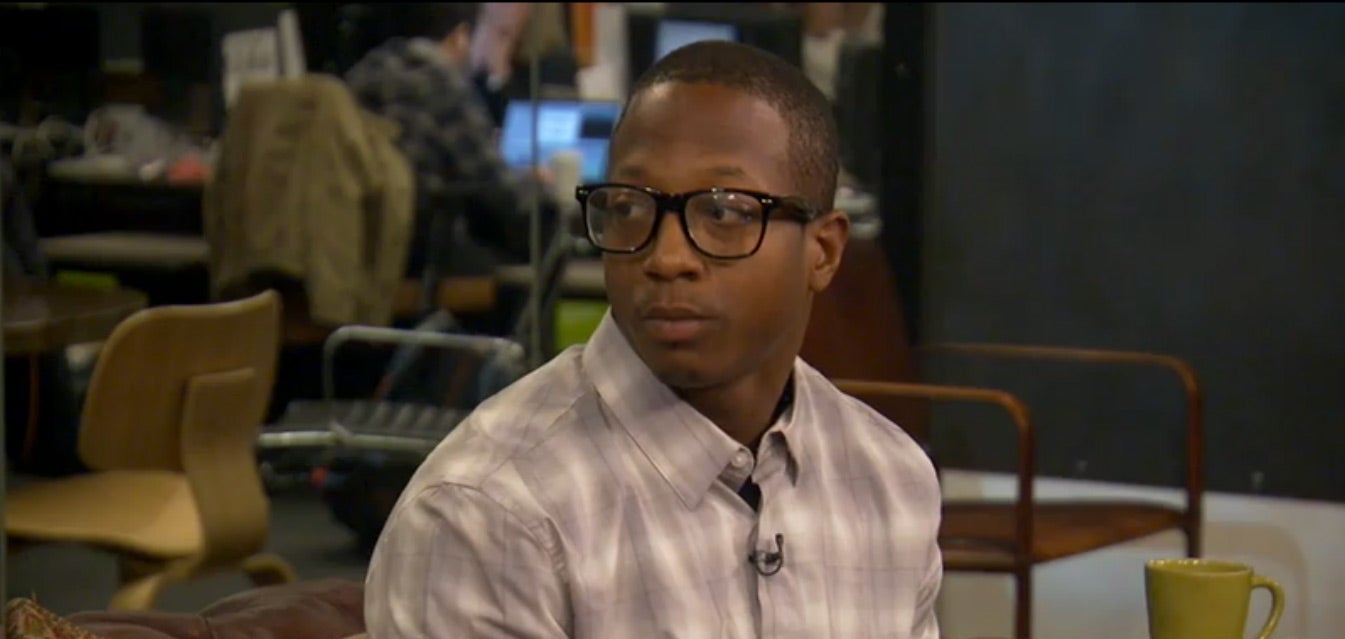
Weeks before his death, Kalief Browder was thriving at Bronx Community College.
The 22-year-old had enrolled in college classes after being imprisoned for three years without trial at New York’s Rikers Island, where he spent more than 400 total days in solitary confinement. While in school, Browder, who had suffered from depression since his imprisonment, wrote an essay titled “A Closer Look at Solitary Confinement in the United States,” where he explored the mental effects solitary confinement had on inmates. His professor gave him an A.
“Many inmates undergo many unnecessary mental health problems that are left up to them and their family members to deal with and fix,” he wrote in his paper. “Many inmates who go through these problems of being in solitary confinement are now stuck with mental health issues, and some don’t even have health insurance to even tend to their care.”
Browder continued, writing that solitary confinement is to blame for many behavioral problems within prisons, citing that punishment can lead to an increase in prison violence. He also noted that many former inmates return to prison because of mental illnesses they acquired while in solitary.
“These ongoing issues are breaking and tarring [sic] up families because their family members are left to pick up the shattered pieces of the ex-inmate with severe mental health issues, and some of the ex-inmate [sic] have neither family member or health insurance to care for them, leaving it a stronger possibility to end up back in prison due to mental misbehaviors that stem from solitary confinement,” he wrote.
Browder’s lawyer, Paul Prestia, who read the paper shortly before Browder’s funeral, said that the essay cemented his beliefs that the use of solitary confinement is an archaic punishment within the criminal justice system. He hopes that New York City Mayor Bill de Blasio, who just announced earlier this week that sweeping reforms would be coming to Rikers Island, would read Browder’s paper.
During Browder’s time as a juvenile at Rikers, he faced brutal torture from both inmates and guards. Surveillance video obtained by The New Yorker shows other men beating up Browder on one occasion. Browder tried to commit suicide while in prison, and he made multiple attempts after his release. On June 4, he told his mother he “couldn’t take it anymore,” and the following day, hung himself from his bedroom window.
Prestia told The Huffington Post that he hopes that Browder’s story will be a cautionary tale and bring reforms to the practice of imprisoning juveniles and the use of solitary confinement.
“Maybe another form of punishment or segregation should be implemented to deal with inmates who break jail rules as opposed to inmates who cause severe harm to other inmates and correction officers,” Browder wrote, “because the mental health risk is poses are too great.”





